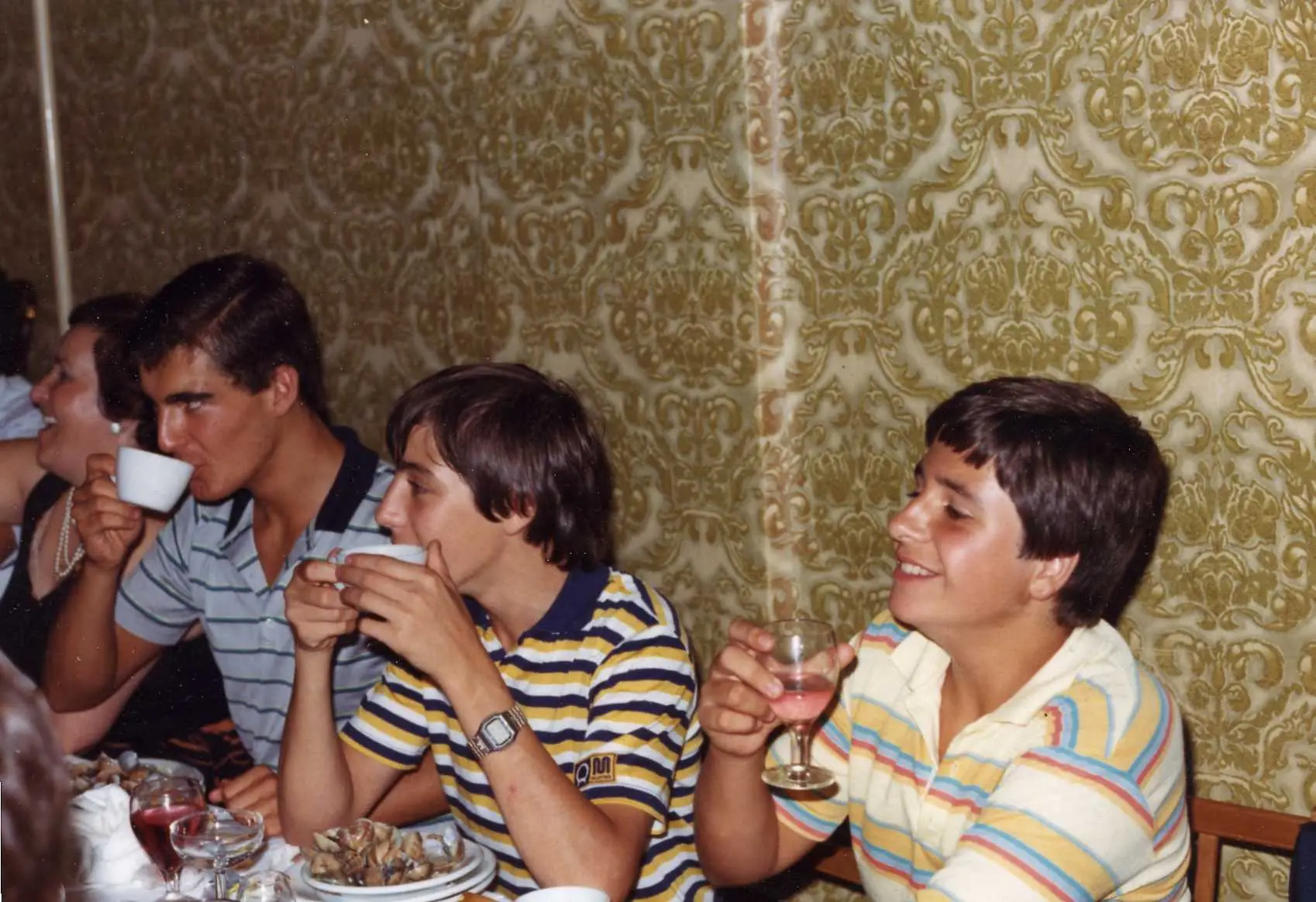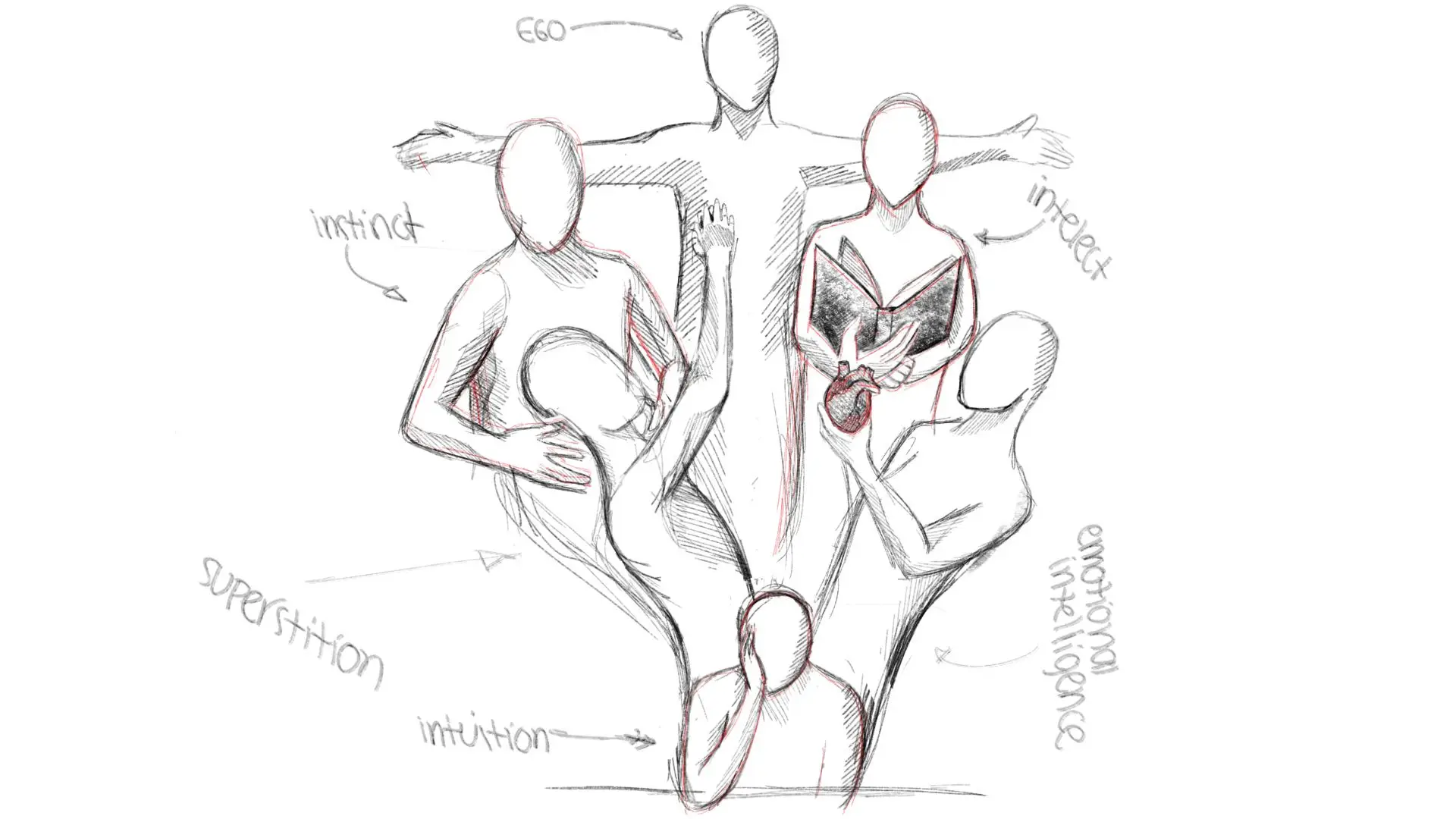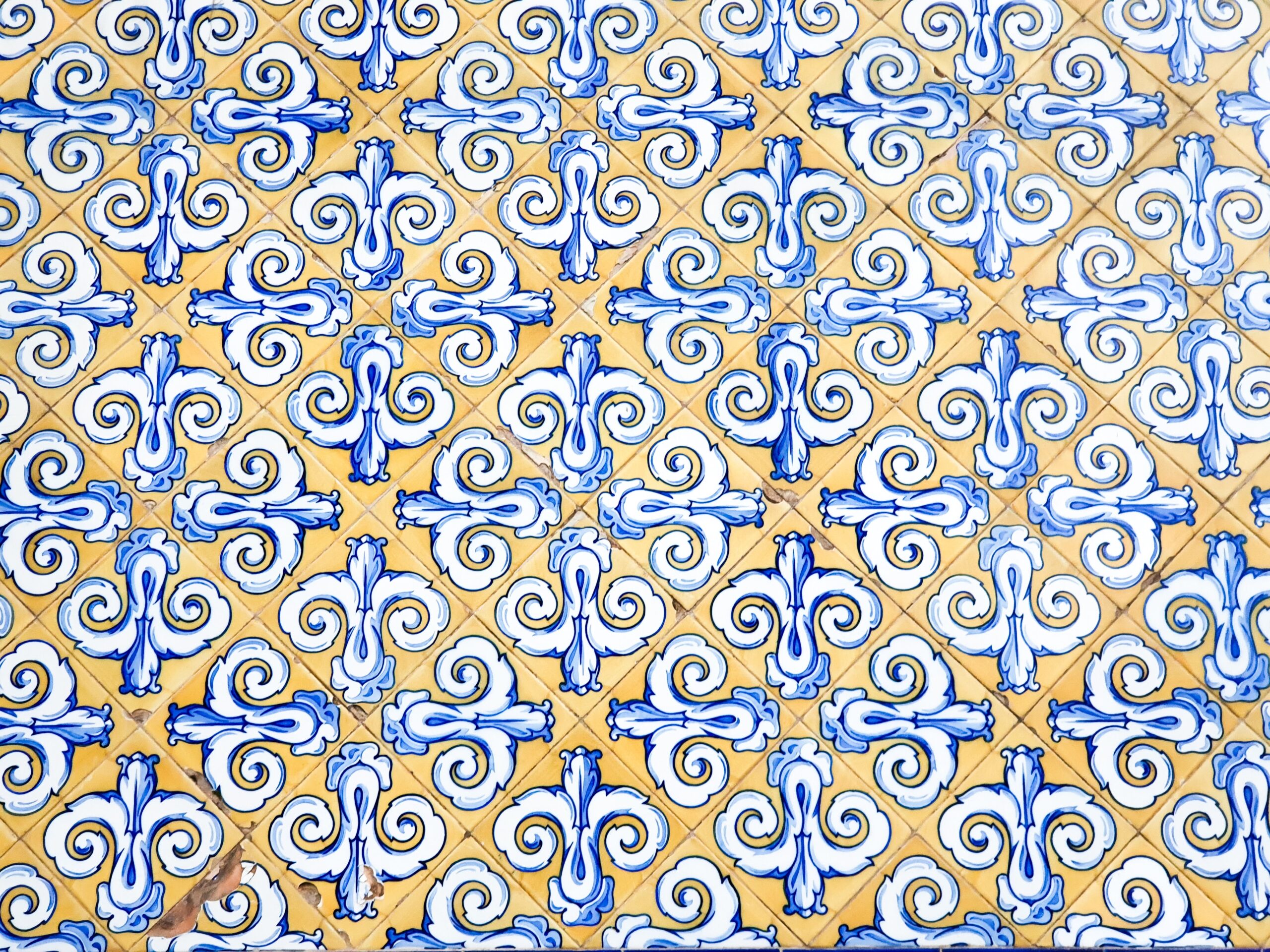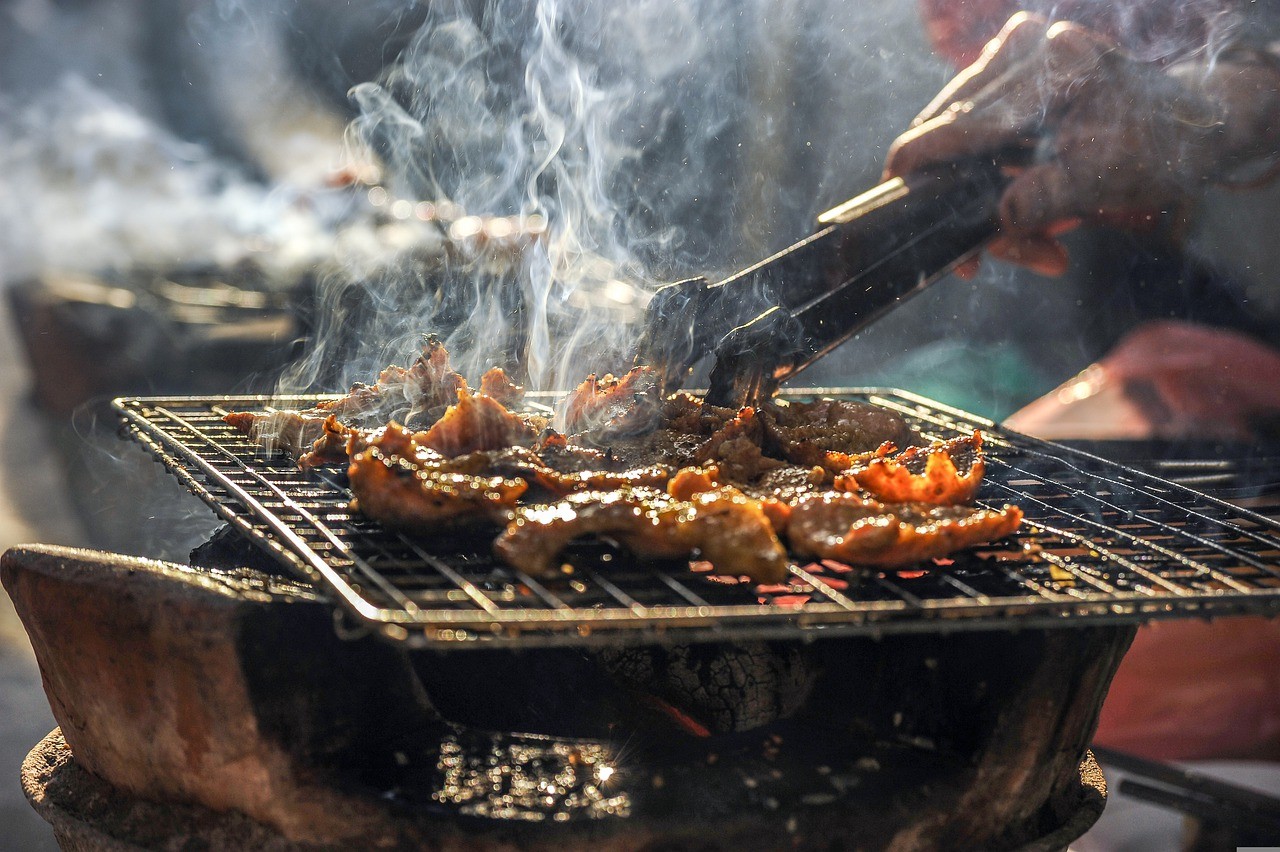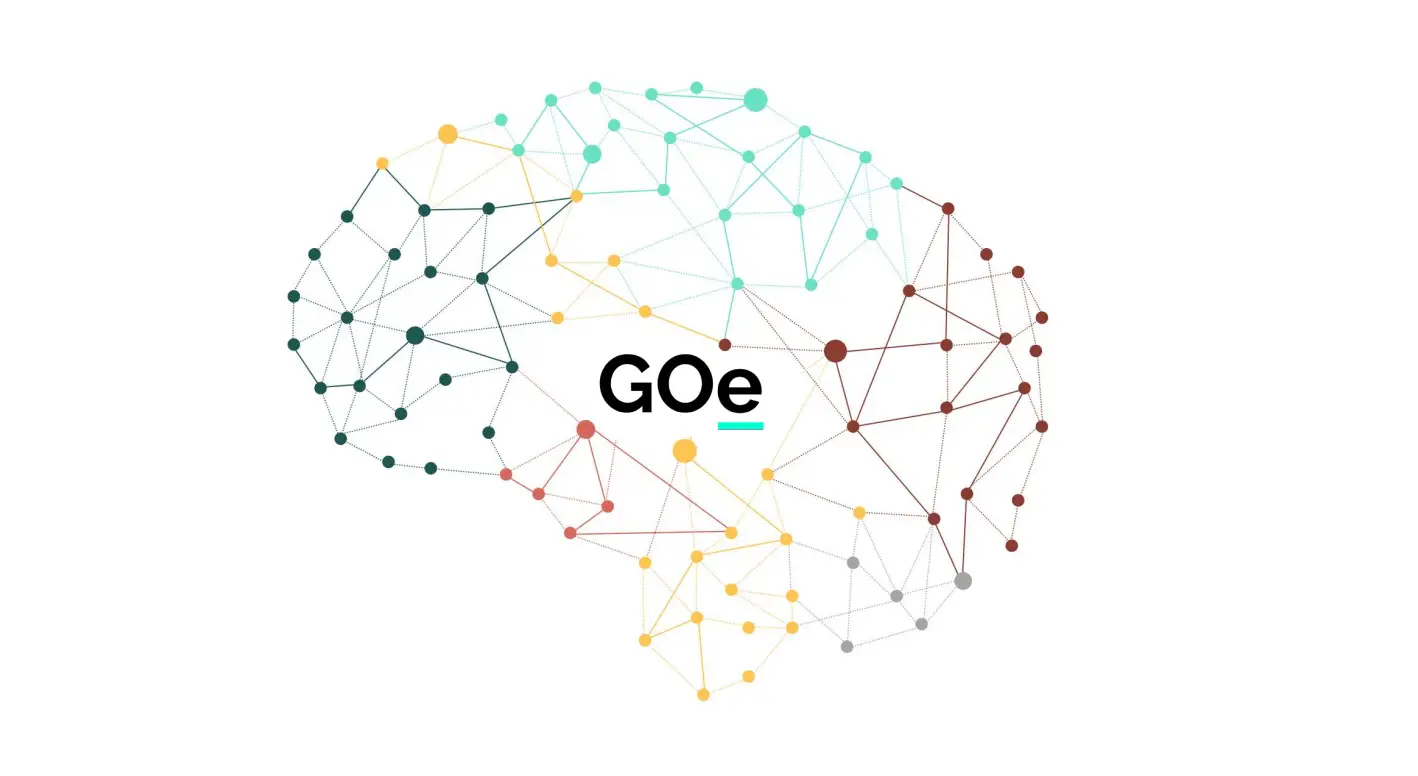The paradigm dilemma is something that haunts human beings to this day. To what extent should we hold on to it? What do we take and what do we discard? History, over the centuries, has been a welter of archetypes, constituting the lines of thought that thanks to evolution, have merged to where we are today. In essence, a paradigm is defined as a set of formal theories, classical experiments, and working methods that contribute to knowing the truth of a process in a given time. It arises as a need to seek or reconfigure edges in order to understand the cultural phenomenon that is human behavior. However, there comes a time when the paradigm enters into crisis and it is at this breaking point where an intellectual revolution is necessary. This uprising looks to replace the current paradigm with a more effective one, seeking to solve problems that the previous model, based on its structure and line of beliefs, often fails to even recognize. This is where vanguard is born.
The concept of the avant-garde was engendered by french mythology, giving birth around the twentieth century and adhering mostly to the artistic and literary field. It was conceived as a form of proposal against the previously established in the nineteenth century and aimed to seek innovative forms of expression through different media, generating concepts that were born from frontal and violent ruptures on certain themes that were considered untouchable. It promoted the liberation of fantasy and the staging of judgment with respect to all traditional models, especially in the artistic, literary, political, and architectural fields. Figures such as Marcel Duchamp, and Laurie Anderson, movements such as the Beat Generation, and artistic expressions led by revolutionary artists such as Genesis P. Orridge. Controversial pillars that challenged the system and remain established structures of insurrectionary movements to this day. Such revolutions did not initially adhere to the concept of gastronomy, as it was not considered a discipline worthy of being categorized as an art form. This changed as a result of three pivotal points.
Starting with the forming of the Annals school in the 20th century. This movement was characterized by its focus on decentralizing politics as the axis for understanding human behavior, opening the way to take an interest in other disciplines. It sought to understand other lenses were needed in order to upend fundamental assumptions about the nature of human behavior (this is how many of the social sciences we know today, such as sociology and anthropology, came into being), either at an individual or collective level.
Shortly after this came the Nouvelle Cuisine, which was born as a response to the airtight paradigm Escoffier had established in recent years. Thanks to its uninhibited approach to gastronomy, it was able to break with the period of paralysis that characterized the system as a result of the wars and the lack of openness to leaving aside the anatomy established during the last century. This type of movement was characterized by fighting against tradition, questioning everything previously produced and giving way to the exercise of individual freedom and unruly innovation. The Nouvelle Cuisine managed to successfully alter the structure of previously presented products, including abstract concepts such as displeasure and techno-emotional cuisine. Touching on subjects that until that time, were given the silent treatment. It generated a new vision of what constituted gastronomy, reshaping the way humans approached this territory. They understood food is the mirror of human life, an example of customs, an image of truth, and the core of our idiosyncrasies, relationships, and structures that affect our daily, either collective or individual, form.
Now, on the verge of the silver jubilee of the 21st century, the concept of gastronomy continues to be in constant transmutation. Just like art, literature, and other disciplines adhering to the artistic field, gastronomy is now under the same wing. And we have reached the third point. The pandemic. This and the weight of the years have brought to light many problems regarding this concept: centralization of the chef as the only agent in the chain, poor distribution of inputs by global entities to provide food safety, and lack of a theoretical corpus that would allow gastronomy to be positioned on the same academic level as other disciplines, among others.
Today, the goal of continuing to generate content that offers a transversal perspective on gastronomy is the responsibility of all the entities involved. Gastronomy is, in fact, a discipline that was born based on the contribution of the natural sciences, sociology, anthropology, art, economics, and administration. These disciplines have as their object of study the traditions, processes, and ideas that make it possible to generate an impact at the social, political, and economic levels. A medley of doctrines. To continue with the line of this new vision of gastronomy, it is important that the spaces generated within this world today, present a different structure. Spaces that encourage dialogue, exploration, and exhibition are completely free of censorship, where a horizontal relationship is generated with the people involved (whether users, readers, or diners). For this to happen, it is necessary that the agents in charge of producing the content issued have freedom in their creative processes without conflicts regarding the influences of the standards that the gastronomic paradigm “should” understand. Resulting in a decentralized and itinerant collective that re-educates people, generating a space far from the conventional that is rather a creative representation of a diversity of nucleus. The idea is that the people involved in this space are more than agents, writers, or communicators, but a predicament. In this way, gastronomy will seek to ask questions, provoke thoughts and take the user on an emotional journey. Showing good and bad, light and dark, joy and sadness among other emotions of the spectrum. It does not seek to impose a way of seeing it, but to describe one. Through this space, free of challenges, the audience is free to make their own judgment. This is freedom of expression in its purest essence. That freedom allows us to expand minds and prevent the spirit from decomposing, being the last the main reason for human existence.

